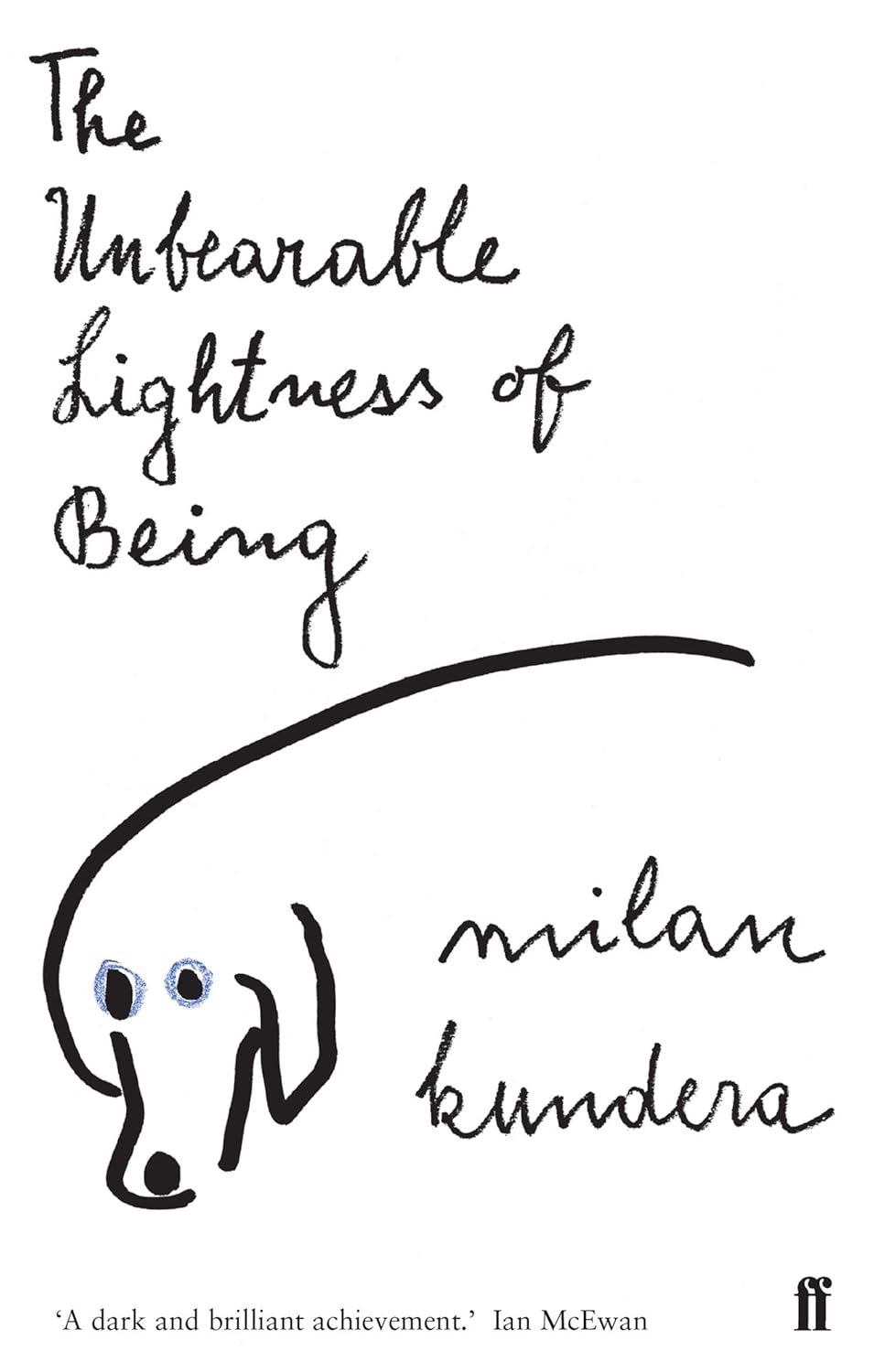“The Unbearable Lightness of Being” is a novel by Milan Kundera, first published in 1984. It’s a philosophical novel that explores themes of love, identity, politics, and existentialism against the backdrop of the Prague Spring of 1968 and its aftermath.
The title itself reflects one of the central philosophical ideas explored in the novel. Kundera contrasts the concept of “lightness” with “weight,” suggesting that life is either light or heavy, depending on whether we perceive it as having meaning or as being meaningless and insignificant. The characters grapple with the idea of living a life with “unbearable lightness,” where every action seems inconsequential and devoid of significance, versus a life filled with “weight,” where every decision and consequence carries immense significance and responsibility.
Through the lives of its characters—Tomas, Tereza, Sabina, and Franz—Kundera examines the complexities of human relationships, the pursuit of personal freedom, and the search for meaning in a world characterized by political upheaval and existential uncertainty.
“The Unbearable Lightness of Being” is celebrated for its lyrical prose, intricate narrative structure, and profound philosophical insights. It remains a seminal work in contemporary literature, captivating readers with its exploration of the human condition and the eternal struggle between lightness and weight in life.









